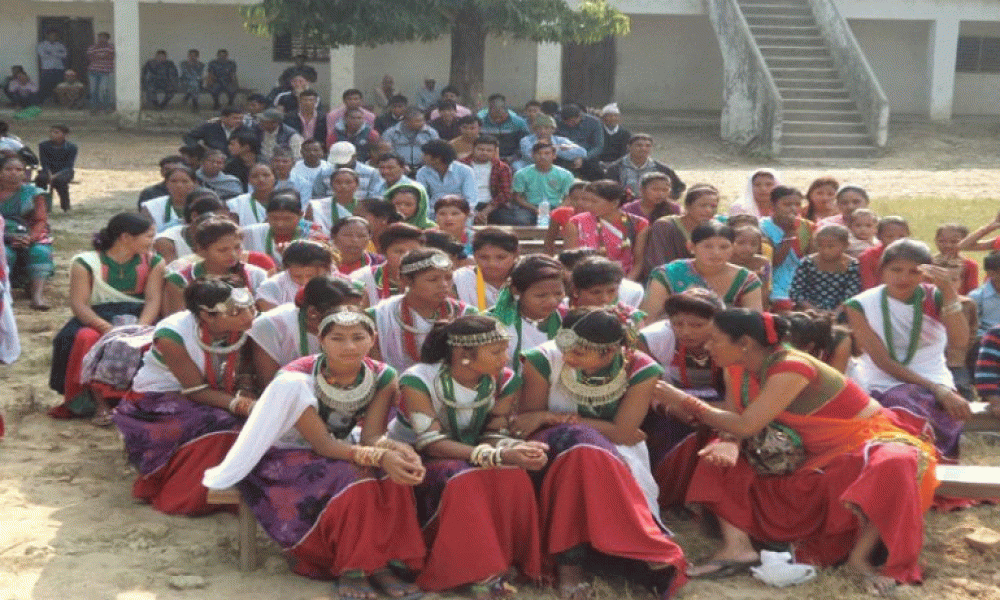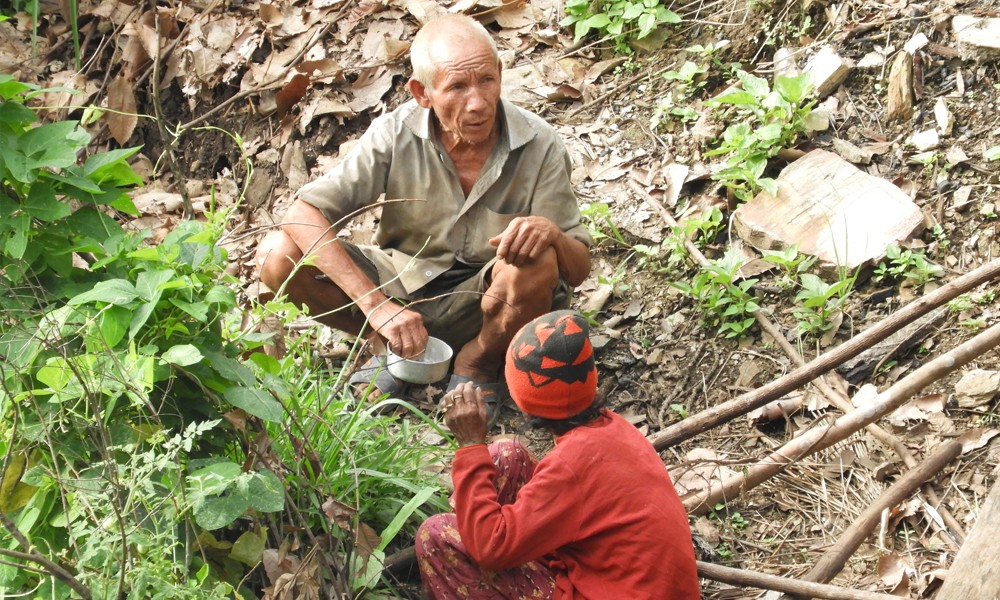Ram Ghising
The Nepal state is still arguably a Hindu state. Although the recently-promulgated constitution has adopted a diluted form of secularism, Hinduism dominates the identity of multiple castes and ethnic groups. To create a plural society, we need to respect and give importance to multiple identities. This is why different indigenous communities are demanding identity-based federalism. But this has turned out to be anathema to the dominant elite class. In this article, I have tried to explain under various sub-titles why identity matters to indigenous people.
Like citizenship
Like how each individual citizen needs citizenship certificate, each indigenous community needs recognition of its identity. A citizen cannot register birth, marriage, death, own land and other properties, get government jobs, apply for scholarship and establish organizations, and he is considered to be a state-less individual. Similarly, indigenous communities do not feel part of the nation-state unless their cultures and identities are officially recognizes. Identity to indigenous people is as important as citizenship is to citizens.
Like naming a baby
When a baby is born, s/he is named after a few days in any religion. This process is called christening in Christianity while Hindus call it 'Nwaran' or 'Namakaran'. When a baby is named, s/he gets a distinct identity with which s/he lives until death. Even without a name, the baby survives but becomes identity-less. Recognizing identity of indigenous people is exactly like naming a baby. Recognition of identity is the very step towards struggle for other rights.
The Nepal state is still arguably a Hindu state. Although the recently-promulgated constitution has adopted a diluted form of secularism, Hinduism dominates the identity of multiple castes and ethnic groups.
Like opening bank accounts
If you want to have cheques, debit and credit cards, you first need to open a bank account. If indigenous peoples want their rights, they first need to have their identity recognized by the state.
Federal citizens
Indigenous people want recognition of their identity to be independent citizens of federal Nepal. They were subjugated as mere subjects by the unitary state for 250 years. The dominant elite class of Kathmandu still wants to continue with subjugating them – something unacceptable to indigenous people. They want a federal set up free from remnants of the unitary system.
Ownership
Indigenous people have never felt ownership of the state. Until they feel Nepal is their country too, there cannot be peace, development and prosperity. A majority of Nepalis belong to indigenous communities, but they feel excluded from the state dominated by a minority Hill Brahmins-Chhetris. If Nepal is develop as a democratic and prosperous country, multi-identity should be the ethos of the nation-state with all indigenous communities owning up to the state.
the minority Hill Brahmins and Chhetris ruled the state for ever. It was a ploy to weaken indigenous people's say in the state. but indigenous people are now demanding justice, and recognizing their identity is a prerequisite for doing justice to them.
Lahure tradition
Indigenous peoples are brave warriors, too. They bravely fought many wars to build and protect their principalities. After Prithvi Narayan Shah conquered kingdoms of indigenous communities, annexed them with the Gorkha state and created modern Nepal, the brave warriors were sent to serve the British and Indian armies. And the minority Hill Brahmins and Chhetris ruled the state for ever. It was a ploy to weaken indigenous people's say in the state. but indigenous people are now demanding justice, and recognizing their identity is a prerequisite for doing justice to them.
Key to survival
Denying indigenous people recognition of identity is tantamount to depriving them of their rights by detaching them from their ancestral roots, tradition, language and historical places. To end ethnic, class, cultural, social and gender discrimination against indigenous people, the state must follow the ILO-169 which it has already ratified. Recognizing identity of multiple ethnic communities is to recognize their historical roots and follow principles of co-existence. This is key to creating a more equitable, inclusive and democratic society.









